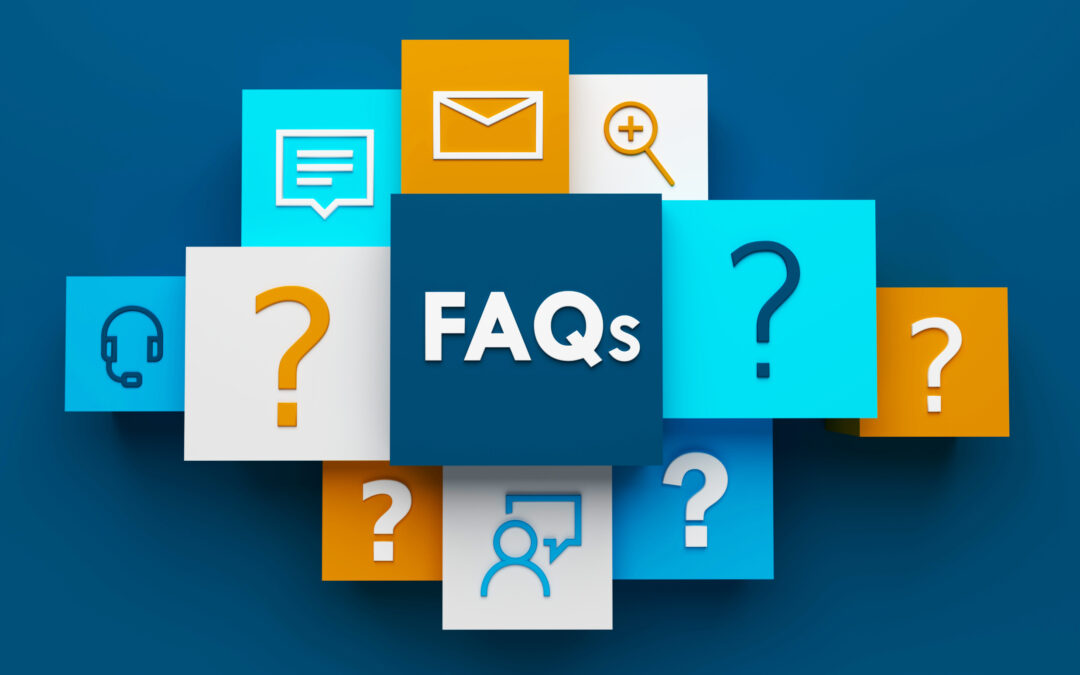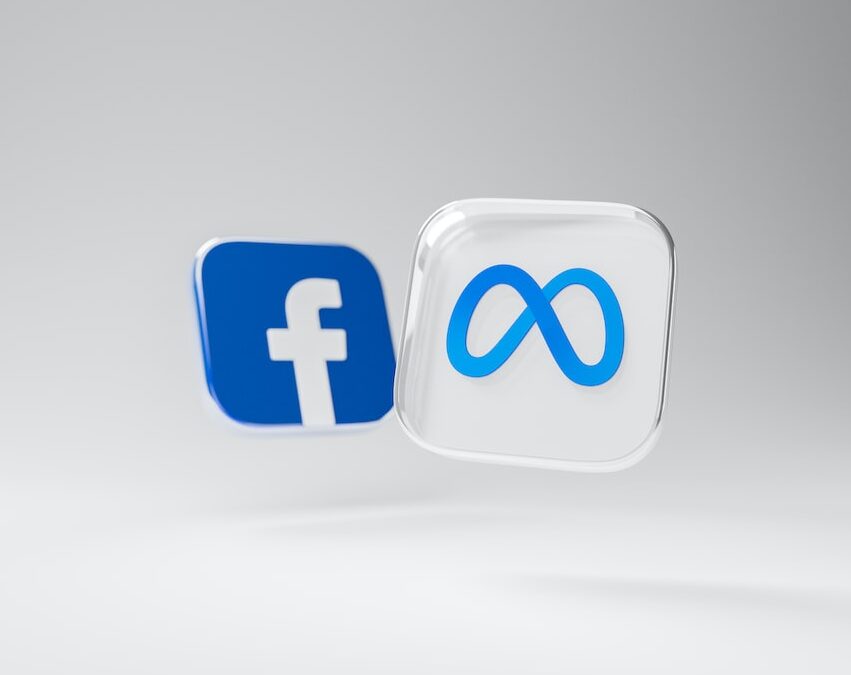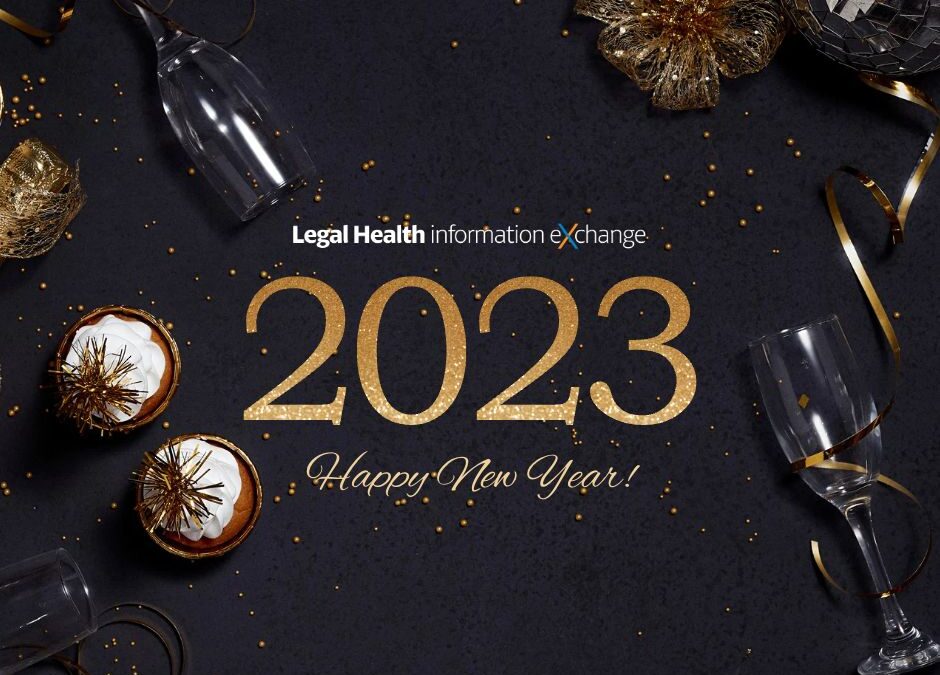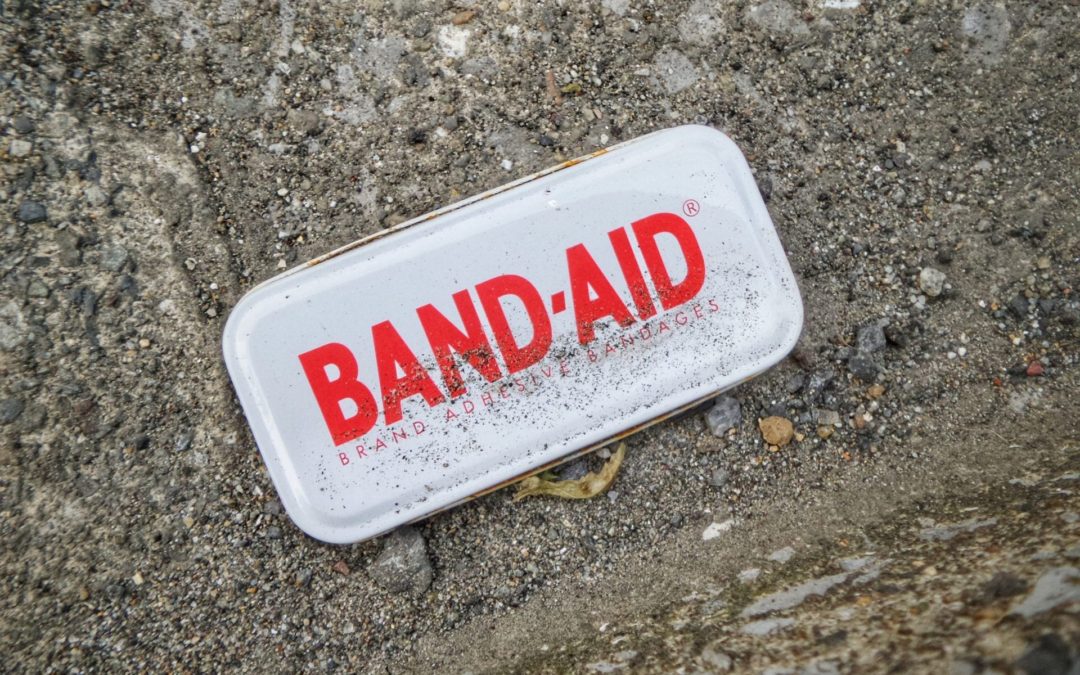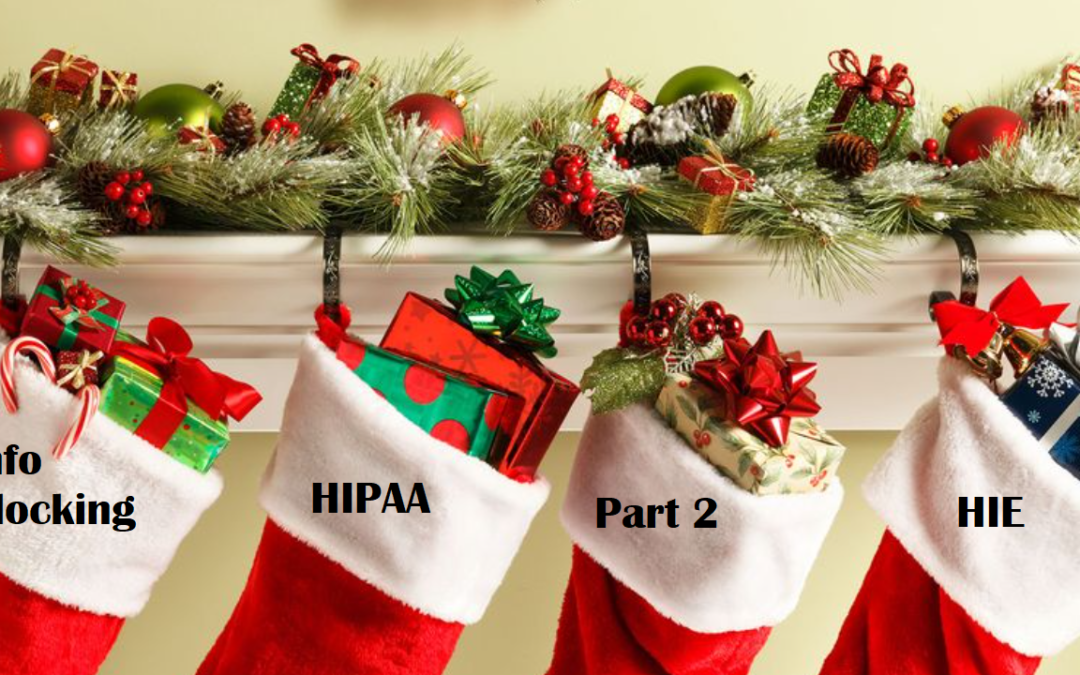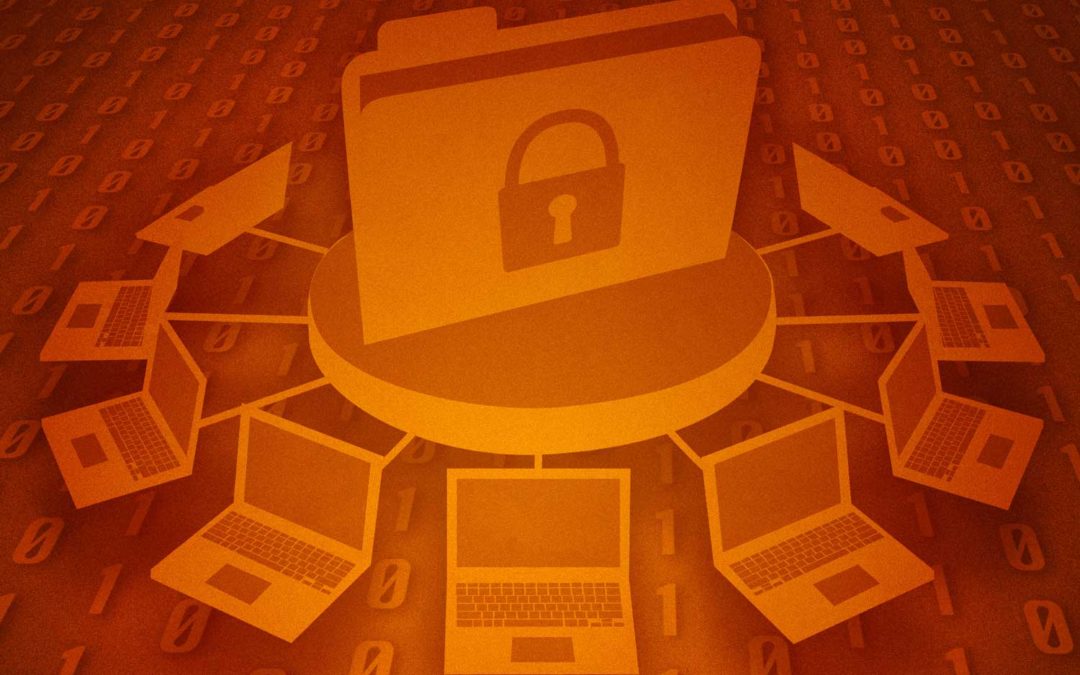ONC says actors that require third-party apps to be “vetted” by them for security reasons before allowing patients to use such apps to receive EHI via API technology certified to the Standardized API certification criterion is likely to be information blocking. However, my concern with relying solely on the security criteria required for API certification is that it is too low of a bar to adequately protect patients and other individuals from developers of apps that fail to keep promises to keep individuals’ information confidential.

